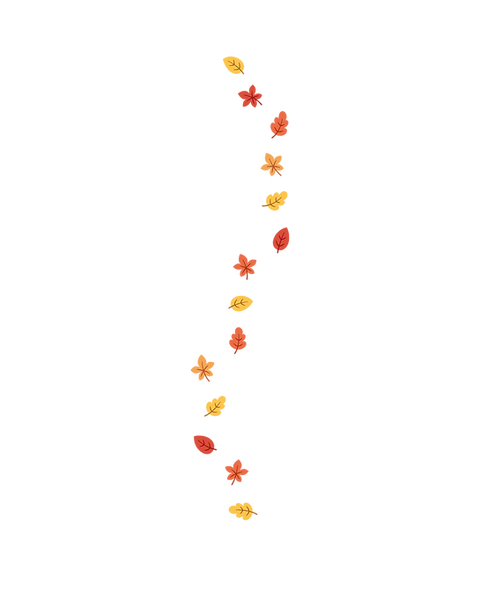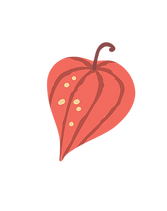Imagination Station
1
Description
Imagination Station is a one-of-a-kind group that blends art and science projects with meaningful social communication and executive functioning practice.
Each session revolves around a hands-on activity — like a simple science experiment or collaborative art piece — that’s broken down into clear, structured steps. Children learn how to prepare, follow through, and complete tasks using visual routines and real-life problem solving.
But it’s more than just following directions. Every activity is designed to:
-
Strengthen planning and sequencing
-
Encourage peer interaction
-
Support communication around shared goals
-
Celebrate effort and process, not just product
2
What Happens in Imagination Station?
Each session includes multiple embedded opportunities to grow in:
-
Executive functioning: What tools do I need? What step comes next? What to do when something is missing?
-
Social communication: How do I ask a peer for help? How do I respond when someone talks to me?
-
Fine motor skills: Cutting, mixing, folding, painting, gluing, pouring, tracing are naturally embedded in the arts or science project of the day
-
Peer awareness and group participation: Learning how to celebrate each other’s work, ask respectful questions, and engage in a group actively
We use a Get Ready – Do – Done visual framework for every activity, supporting children who benefit from clear task breakdowns and expectations.



3 Routines
-
Welcome & Circle Time — the teacher models the full activity using visuals and verbal instructions
-
Get Ready Phase — children identify what materials they need, some may be missing intentionally, requiring peer-to-peer requests
-
Do Phase (Hands-On Task Time) — children follow each step with guidance, using task cards, visual boards, or partner supports
-
Done Phase (Including Peer Interactions) — after completing the project, children take a moment to notice each other’s work and compliment each other (e.g., “I like your colors!” or “You finished fast!”)
-
Show and Tell Reflection — one child at a time presents their work while peers practice asking questions or making supportive comments
Every child is encouraged to be both a speaker and a listener, a leader and a follower — depending on the moment.
[Example Activities]
-
Lava Lamp Science – follow a 5-step visual plan using oil, food coloring, and fizz tablets
-
Build-a-Bridge STEM Challenge – limited materials, team-based construction, asking for swaps
-
Texture Painting – use unusual tools (sponges, forks, feathers), describe how you feel
-
Slime Lab – step-by-step recipe follow with turn-taking for materials
-
Recycled Sculpture Day – create something meaningful, explain what is built
-
Mini Volcanoes – safe chemical reaction project with a peer safety buddy
Origami Animal Craft – follow folding sequence, describe the hardest step
✅ Is This the Right Group for Your Child?
Q: My child needs help with focus and following through. Is this group appropriate?
A: Yes — Imagination Station is designed for children who need support breaking down tasks, following routines, and building self-management strategies. Visuals, repetition, and peer modeling make it accessible and fun.
Q: My child doesn’t always ask for help when something is missing — can this help?
A: Absolutely. Many tasks are designed so children must request something from a peer — and others will practice responding when asked. It allows vast opportunities in practicing both expressive and receptive communication.
Q: What if my child is shy or doesn’t like presenting in front of others?
A: Show and Tell is low-pressure and highly supported. Children can start with simple responses (“I made this with glue”) and work towards more detailed explanations. Peers are taught how to ask kind, friendly questions, or just say “Wow!”
Q: What kind of child is Imagination Station best for?
A: This group is ideal for children who:
-
Are 5 years and older
-
Enjoy hands-on tasks but need help with planning, following multi-steps, or sustaining attention
-
Benefit from clear task routines and a predictable group flow
-
Need more practice in initiating or responding to peers
-
Are developing communication skills in structured social contexts
-
Would benefit from a group that combines creativity, communication, and executive functioning in one space
When
Sep 11-Dec 18
3:30-5pm on Thursdays
How many
15 sessions with 4 kids
How much
CAD $1560
(Autism Funding or self-pay)
Note
1:1 support may be available with extra cost










